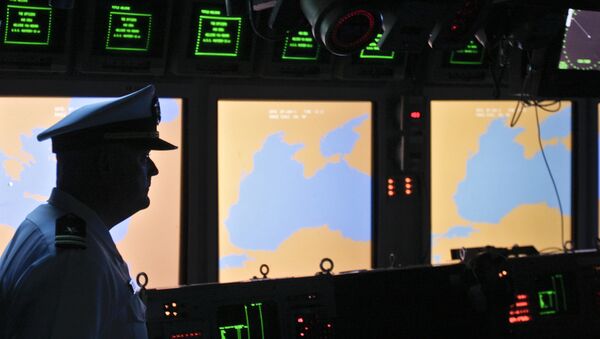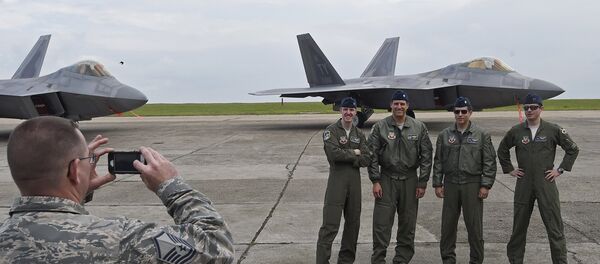However, the military purpose of this system remains unclear as it is designed to intercept a small number of nuclear missiles and would be completely irrelevant in case of a massive nuclear strike, according to acclaimed geopolitical forecaster and founder of Stratfor global intelligence company George Friedman.
"The problem with this is that it is unclear why a country with relatively few missiles would launch a strike at all, and totally unclear why their target would be Europe," Friedman wrote at Geopolitical Futures.
While nuclear weapons were originally developed as a substitute for massed bombing attacks, the idea of a single weapon capable of wreaking so much destruction and killing so many people quickly turned it into "the embodiment of hell," he adds. And as nuclear weapons became associated with the apocalyptic end of the world, it also became clear that a world leader would have to be completely insane to use them.
"Since World War II, no nation has used nuclear weapons for any purpose. For the US in Vietnam and the Soviets in Afghanistan, nuclear weapons had no utility. Even if they had, both countries would have accepted defeat rather than use them. The empirical reality is that of all the nations that have nuclear capability, and wish ill toward their neighbor, none have used it," Friedman remarks.
Conventional wars, "waged by helicopters, armored fighting vehicles and well-trained infantry firing wire-guided missiles at tanks," are a much more probable threat than a nuclear attack, according to Friedman. However, the US continues to display a "fixation with complex weapons designed to handle improbable threats," while Poland and Romania consider the BMD system a symbol of US commitment to protect them, the forecaster concludes.



